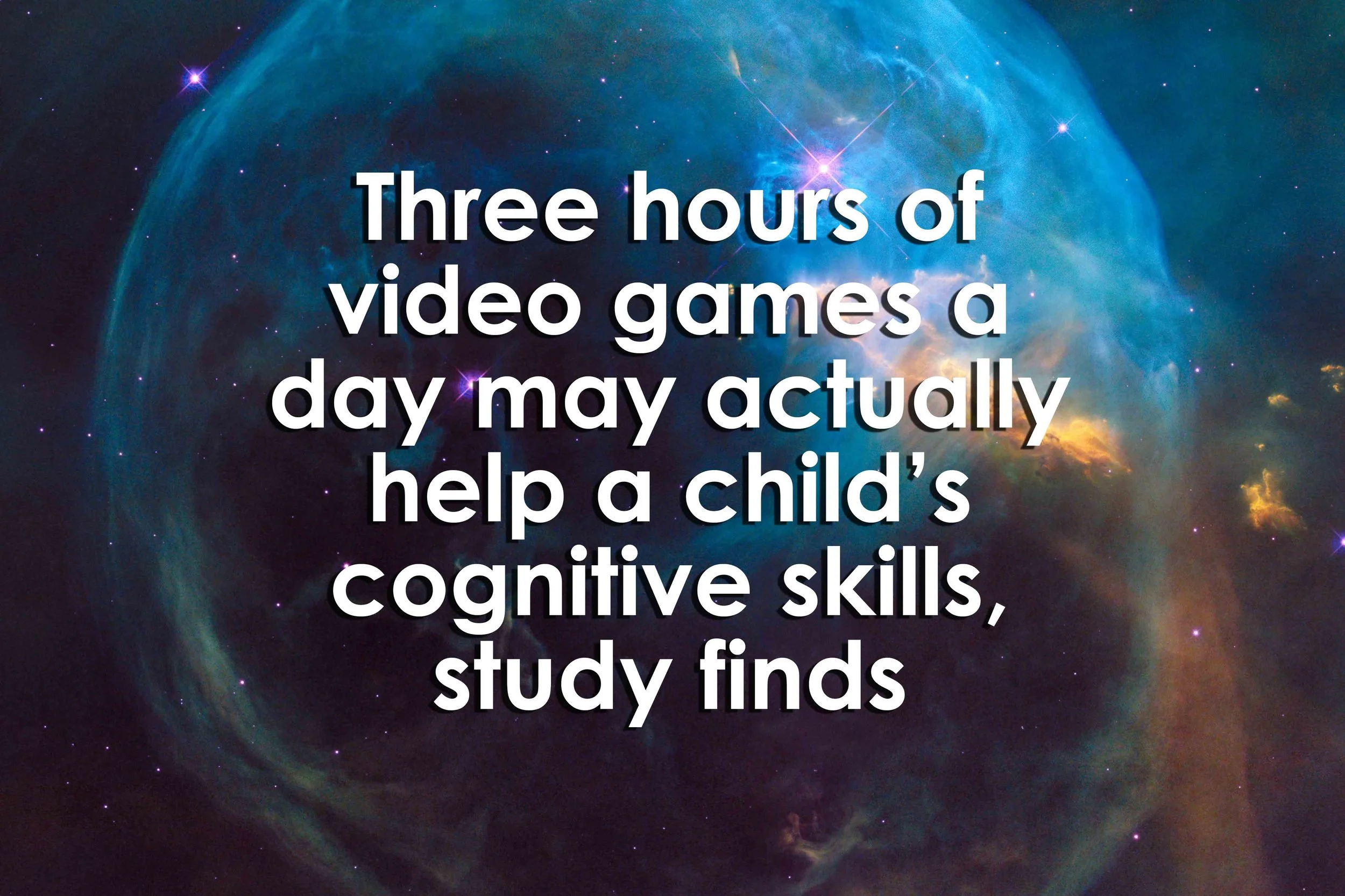The growing use of video games has raised concerns about their impact on mental health, with debates surrounding gaming disorders and the World Health Organization's inclusion of such disorders in the ICD-11. While research suggests a potential harmful effect of video games on mental well-being, causal mechanisms remain unclear.
Read MoreIn this NPR segment, Ayesha Rascoe and Wailin Wong discuss the evolving accessibility in video games. Rascoe shares her personal gaming experiences, while Wong highlights the significant progress made in including players with disabilities.
Read MoreThe evolution of user experience (UX) in board games presents a unique challenge distinct from video games. Unlike the standardized interfaces of video games, where controllers and output systems remain consistent, board games continuously reinvent their interfaces with each new design.
Read MoreVideo games have emerged as potent tools for fostering moral development, allowing players to explore ethical dilemmas in a controlled environment. Through gameplay, individuals can experiment with behaviors and decisions without real-world consequences.
Read MoreVideo games, evolving from classics like 'Pong' and 'Space Invaders', offer more than mere entertainment; they cultivate critical skills essential for leadership. Games like 'Fallout', 'Tetris', 'World of Warcraft', and 'Civilization' immerse players in complex scenarios demanding strategic planning, adaptability, and teamwork — skills vital in both gaming and real-world leadership. Integrating video games into training enhances communication through multiplayer interactions and refines strategic decision-making in risk-free environments.
Read MoreThe article "Level up: exploring the artistic side of video game design" by Angelica Frey delves into the emergence of video games embracing illustration and painterly art to create captivating visual experiences.
Read MoreEducators and gaming experts at PAX East advocate for integrating video games and tabletop games into education, noting their potential to enhance learning. Amy Doyle, a technology teacher, emphasizes gaming's familiarity to students and its ability to engage them in learning.
Read MoreThe article explores the relationship between video games and traditional narratives like novels and films. While initially seen as fundamentally different, video games, according to scholar Eric Hayot, must be understood alongside novels to grasp their full cultural significance.
Read MoreThe popularity of combat video games like Call of Duty, Battlefield, and Arma is well-established. However, the market for games that simulate the intricate logistics of battles is smaller yet potentially impactful. Gameapalooza, held at Hunt Library, united researchers, developers, and military officials to explore gaming's potential in training.
Read MoreUter has been involved with the Ambassador Teacher Program for the past five years after hearing about it while teaching at Warsop Primary and Infant School. Uter is one of several ambassador teachers here in Prince Edward County Schools.
Read MoreChild development experts tell EdSurge that video games can help early learners practice foundational skills and can promote social bonding, as long as they're designed with the child in mind and incorporate the expertise of early childhood professionals.
Read MoreKids who play video games have better memory and better control over their motor skills than kids who don't, according to a new study looking at adolescent brain function. Video games might not be responsible for those differences - the study can't say what the causes are - but the findings add to a bigger body of work showing gamers have better performance on some tests of brain function.
Read MoreA new study has however found that hours of computer gaming could in fact improve some cognitive skills, such as those involving impulse control and working memory. The study involved nearly 2,000 children, and those who reported playing video games for three hours a day performed better in cognitive skills tests than those who had never played games.
Read MoreAlthough many people criticize video games associated with violence, founder of the Games for Justice youth summer program Husain Rizvi '22 thinks that this is not where we should be focusing our attention.
Read MoreWhile scholarly analysis of TTRPGs often focuses on player's experiences of role playing as human-like agents, scholars of TTRPGs recognize that role-playing games simulate "Worlds" or "Places"7 - or, alternately, though TTRPG scholars rarely use this language, "Nature" or "Environments." Tabletop RPGs may not be "Virtual" worlds in the sense of a highly-realistic, highly visual, high-polygon representation of the natural world.
Read MoreAbout three in four video gamers think global warming is happening, and the majority of video gamers understand that global warming is mostly human-caused. Most video gamers think global warming will harm plant and animal species, future generations of people, people in developing countries, the world's poor, people in the U.S., people in their community, their family, and themselves personally.
Read MoreIf we look at computer games for education, games have been developed for young children to learn numbers, letters, colors, and all these things while socializing. If we see a shooting game while playing it, if it is a multiple-player game, people will get a chance to associate with their close friends.
Read MoreUnity Software, the multi-platform gaming engine behind League of Legends, Pokémon Go and Angry Birds, will license its digital simulation technology to assist the U.S military, Bloomberg reported.
Read MoreDelving into the history of how video games have utilized - and distorted - stories of the past reveals a persistent demand for historical education through entertainment, a reminder that people are constantly searching for new ways to engage and find meaning in the past.
Read MoreDespite their reputation, the increasing use of electronics in classrooms and the growing acceptance of video games have prompted educators to consider using video games as a teaching tool. Neither of these titles was designed with educational use in mind, but their presence in school curriculums suggests commercial video games may deliver lessons and engage students in ways that other teaching methods can't replicate.
Read More



















